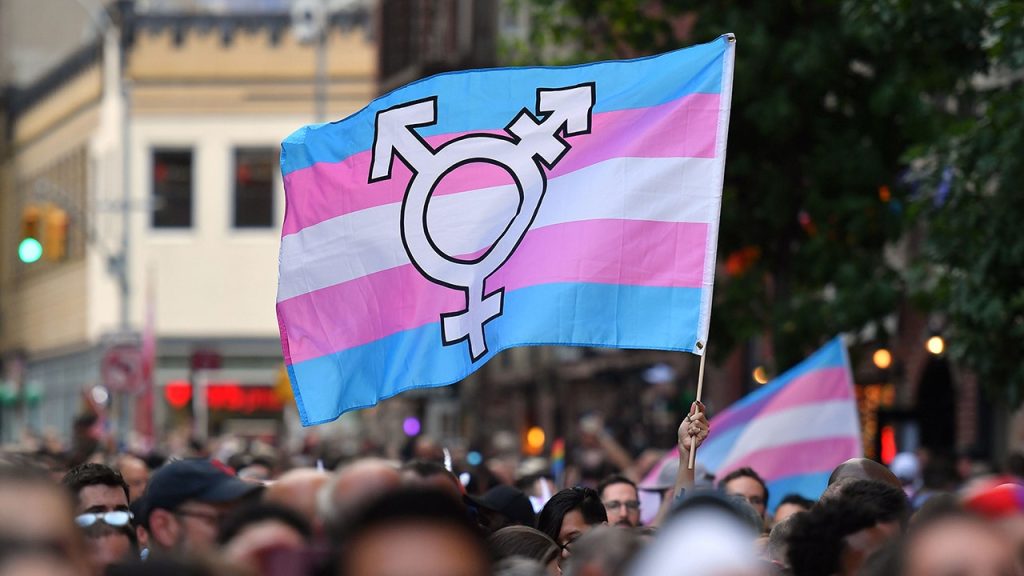Olympic cyclist Inga Thompson criticized the National Organization for Women (NOW) for their response to a lawsuit filed by college athletes against the NCAA over transgender swimmer Lia Thomas. Thompson argued that the accusations of white supremacist patriarchy were attempts to silence women who were simply asking for their sex-separated rights. She believes that allowing transgender athletes to compete in women’s sports takes away opportunities for women who already have fewer opportunities in sports compared to men.
The lawsuit filed by former college athletes accused the NCAA of violating Title IX rights by allowing Lia Thomas to compete against women. The complaint detailed several accusations, including Thomas’ ability to use the women’s locker room and participate on women’s teams. The NCAA faced criticism for adopting a sport-by-sport policy on transgender athlete participation, with critics arguing that the focus on inclusion over fairness to women was concerning. The International Olympic Committee’s updated policy also drew criticism for prioritizing inclusion over science-backed research.
Thompson expressed concern about the current climate surrounding women’s sports, emphasizing the importance of discussing biological reality and maintaining the meaning of words like “woman.” She believes that efforts to include transgender athletes in women’s sports are taking away opportunities from female athletes who already face unequal opportunities compared to men. Thompson remains hopeful for the future of women’s sports but stresses the importance of upholding the rights and fair treatment of female athletes.
The controversy surrounding transgender athletes in women’s sports has sparked a debate about fairness and inclusion. The issue has divided opinions within the sports community, with some advocating for more opportunities for transgender athletes and others raising concerns about the impact on female athletes. Thompson’s perspective reflects the broader conversation about the balance between inclusivity and fair competition in women’s sports.
Despite the challenges facing women’s sports, Thompson remains optimistic about the future. She believes that it is important to uphold the rights and opportunities of female athletes while also promoting fairness and inclusivity in sports. The debate over transgender athletes in women’s sports reflects broader discussions about gender, fairness, and inclusion in athletic competitions. Thompson’s stance highlights the complexities of these issues and the need for thoughtful consideration in finding a balance that supports all athletes.


